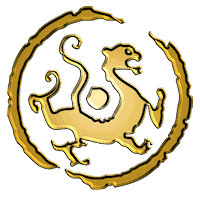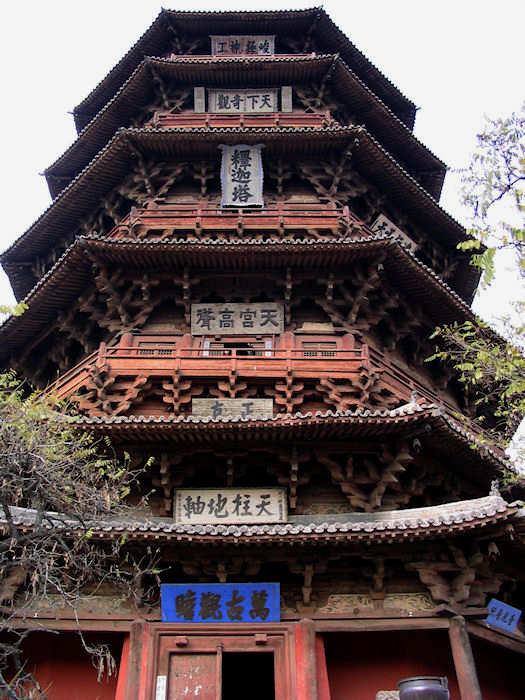Chinese History 历 史
Most countries can look back at a few hundred years of continuous recorded history; China looks back at thousands of years. From earliest times an accurate account of events has been treasured by the Chinese, this is embodied in the character 史 history ’ which also has the meaning ‘impartial’ . Chinese people know their heritage well and have a long tradition of revering their ancestors . A good knowledge of Chinese history is essential to understanding and relating to its people.
We include pages on all the main dynasties (click on time chart) as well as significant events in Chinese history, up to the foundation of the Republic separate section Taiping Rebellion railways Imperial system Hanlin Academy Imperial officials kowtow Mandate of Heaven Opium Wars Early contacts with Britain 18th century UK-China contacts Leibniz Treaty port system Chinoiserie Lay-Osborn debacle General Charles ‘Chinese’ Gordon Chinese coolies
Click on the time chart on the left to go to a particular time period.
Ancient stone writings Stone steles form the most permanent of records. Over the centuries they have been used as memorials, reference libraries, calligraphy samples and poems. Visitors to China will have seen these revered inscriptions in all sorts of locations: mountains, houses, parks and museums documenting the lives and feelings of people over the centuries. They are a powerful and permanent expression of the continuity of Chinese history. Read more…
Power and Prosperity during the Tang dynasty When the dynasties of China are brought to mind, the Han, Tang and Ming are generally considered the greatest. In the Tang dynasty China was undoubtedly the only world super-power with huge cities and great achievements. Tang poetry is considered the finest. Influence of China spread to Japan and far to the west reaching the Aral Sea and Pakistan. Read more…
The Great Mongol Empire The conquest of China by the Mongols took over 50 years. The north was taken in 1215 and the south held out until 1279. The horde of brutal horsemen from Mongolia swept all before them. The Mongols took to Chinese ways, using existing administration and traditions rather than imposing their own. It became China's most cosmopolitan era. Read more…
Chinese Poetry The Chinese language is ideally suited for writing poems. The long history of Chinese has allowed poems written over two thousand years ago to still be appreciated today. The characters provide a concise method for conveying impressions and emotion. Read more…
Foreigners in China China was exploited by foreign powers from the end of the Qing dynasty to the foundation of the PRC in 1949. The establishment of foreign enclaves within most Chinese cities one hundred years ago led to many frictions with the foreign powers, particularly Britain. The treaty port system forcibly opened up cities to foreign trade in late Qing dynasty China. Read more…
War between Britain and China The import of opium from India had a devastating effect on China. Although opium had been grown and used in China for centuries the import of huge quantities of the British controlled trade into Guangdong proved far more addictive. The two 'Opium Wars' between Britain, France and China 1839-1860 mark China's forced change in direction after thousands of year of dynastic rule. Defeat by a far away foreign power created turmoil in China and triggered the 'century of humiliation' from which China only emerged in 1949. Read more…
The Qin Dynasty The brief spell of rule by the Qin (only 15 years) defined much of what we now about China. The totalitarian rule of Qin Shihuangdi set common standards for all sorts of things across his new vast empire including measurements and the Chinese script. Read more…
Qing dynasty The end of the dynastic system in China came after a very promising and prosperous start under the wise rule of the first four Manchu Emperors. Years of decline followed with the Opium Wars and Taiping Rebellion ending in the sad tale of the Emperor Puyi Read more…
Song dynasty The Song dynasty is a period of Chinese refinement and peace rather than military prowess. Great strides were taken in the creative arts and literature. Prosperity from the growing trade by sea rather than overland fueled the building of huge cities. The eventual conquest by the Mongol hordes brought the dynasty to a tragic close. Read more…
Warring States The second part of the Zhou dynasty was known for incessant warfare between kingdoms. It was a time of great importance to China as the philosophical traditions were developed that went on to dominate Chinese thinking in the next two thousand years as it was the time of Confucius and Laozi. Read more…
The 13 Ming Tombs The tombs of the 13 Ming Emperors is one of the largest and most lavish burial complexes anywhere in the world. Like the Valley of the Kings in Egypt the tombs are scattered around a valley of 17 square miles but here only one tomb has been excavated and was found to be completely intact. Read more…
China's Neighbors The countries that surround China have an interesting history. Wars, conquest and religion have defined the current boundaries of the Peoples' Republic. India, Russia, Pakistan, Myanmar and Afghanistan all have important borders with China. Read more…
Japan and China The history of the often difficult relations between China and Japan reveals a complex relationship. The Japanese occupation of China 1937-45 and continued U.S. support for Japan has led to continuing frictions between governments and peoples. Read more…
Lotus The lotus is an emblem with strong Buddhist links. As the plant grows in mud and muck and yet produces a pure white flower it is considered a metaphor for favorable transformation. Read more…


